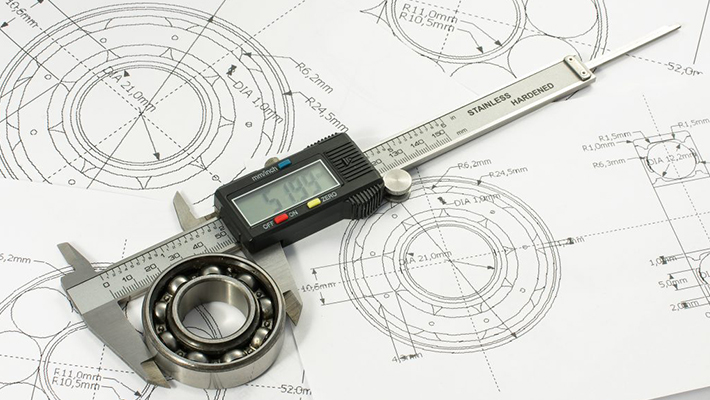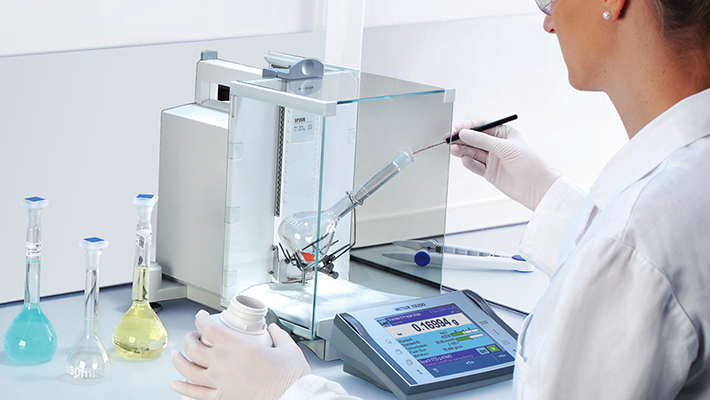Inmetro announces the Regulatory Agenda for Legal Metrology for the first time
January 31, 2022
Inmetro’s Legal Metrology Board (Dimel) announced in an unprecedented way its Regulatory Agenda for the years 2022 and 2023, as stated in the Federal Official Gazette. This publication had great popular participation and designates the main topics for the period, reviewing metrological
regulations concerning measuring instruments, legal metrological control operations and pre-packaged goods.
First, it is necessary to understand that Inmetro's Regulatory Agenda indicates the topics that may require the Institute to act in its regulatory process, considering the impacts and associated risks for the population, in accordance with the guidelines approved by the responsible Inmetro Ordinance. The document is updated periodically to inform about planned study, development and improvement actions that the institute intends to perform and the areas responsible for the actions.
This agenda is built on analyzes and studies based on good national and international regulatory practices, considering Inmetro's legal competence.
What is Legal Metrology?

Although still unknown by the population, Legal Metrology can be defined as part of General Metrology in terms of technical, legal and administrative requirements, which concern measurement methods, measurement units, measuring instruments and materialized measures. The main goal of
Legal Metrology is to bring protection to the consumer and the entire chain of commerce and industry, in relation to physical and financial health.
This protection is only possible if, at the time of purchase, the legal metrology validates what is being purchased, regardless of the type of product. Virtually every product is weighed at some point in the production process to the end customer, from a food item or even a chemical element in a medicine. So how can you be sure the measurements of the good (or service) are correct? This is where the National Institute of Metrology, Quality and Technology (Inmetro) comes in. One of its activities is to verify that the product produced in Brazil meets the minimum requirements
necessary for consumer and environmental safety. All scales that are used in commercial transactions must comply with certain requirements to ensure that none of the parties involved has a loss in the purchase or sale of any product measured by weight, according to the standard established by the institute itself. This all shows the scope in all sectors of legal metrology.
The Importance of the New Agenda

According to Nina Oliveira, deputy head of the Division of Articulation and Metrological Technical Regulation (Diart) of the Legal Metrology Directorate (Dimel) of Inmetro, “It is important to emphasize that this new Agenda is an effort to improve regulatory quality, with broad participation of society and stakeholders, with the transparency that the process requires. In addition, the objects of this Agenda will be covered by the Regulatory Impact Analysis – RIA, according to the Economic Freedom Law and best practices, aiming at effectively meeting the demands of society and the regulated sectors”.
RIA has become mandatory since April 15, 2021, in accordance with the parameters established by the Economic Freedom Act (Law No. 13.874/2019) and the RIA regulation (Decree No. 10.411/2020).
For more regulatory matters, count on Licempre. Contact us and make a quote.


